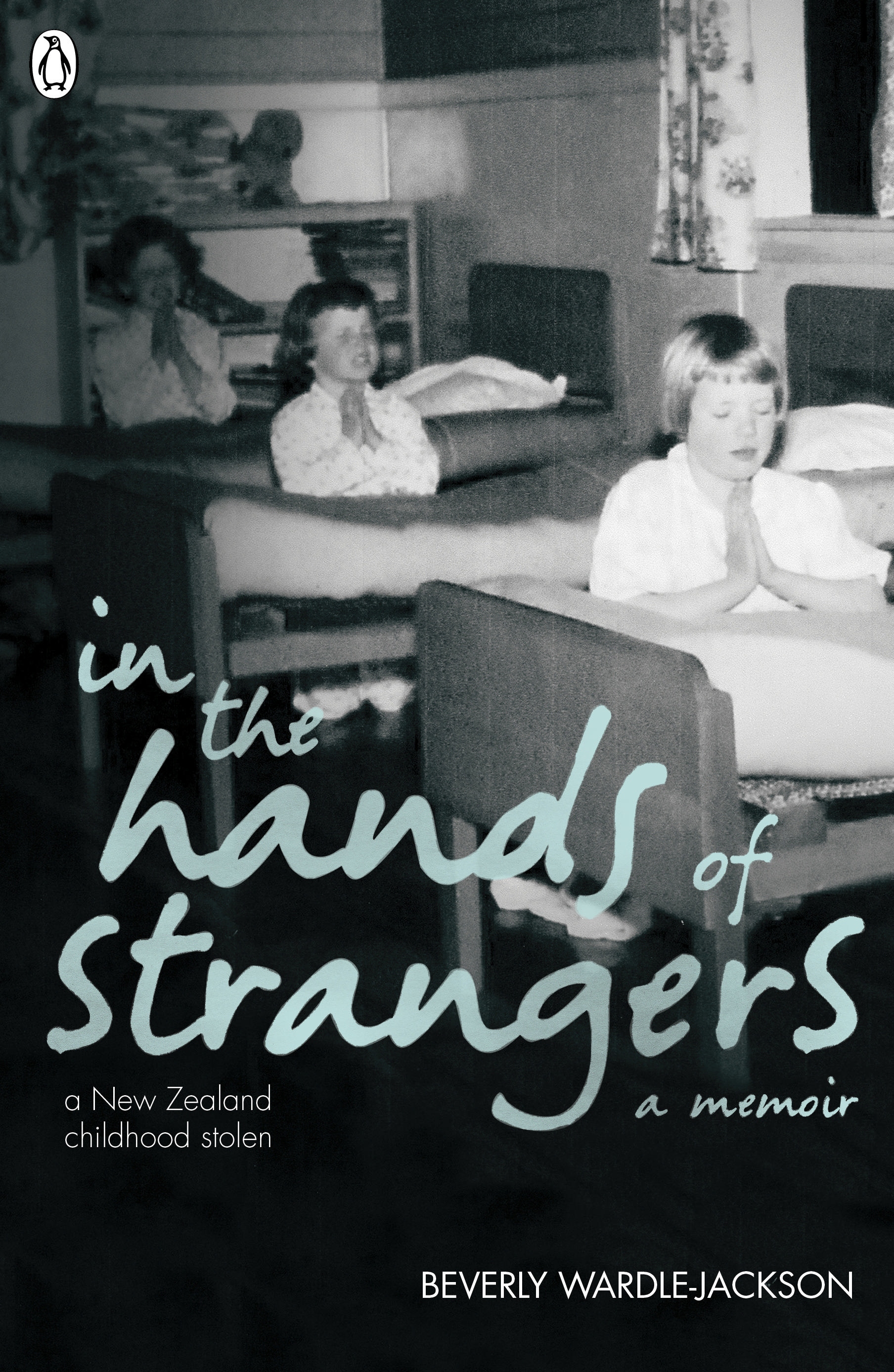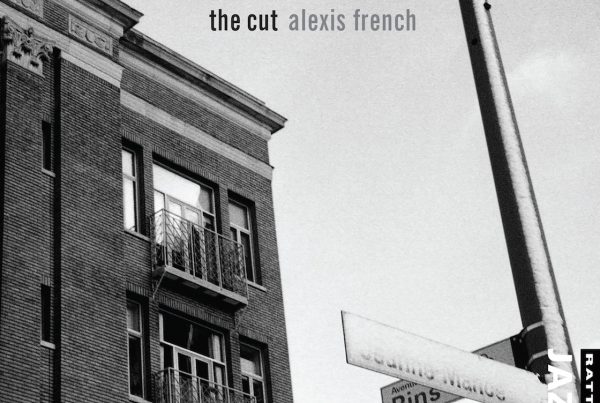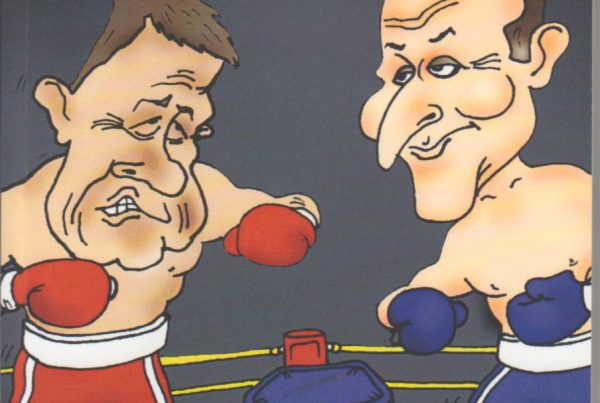The first quarter of 2015 was a mixed bag for local readers and booksellers. Quilters’ Dewey-defying treasure-tables displayed at last their naked surfaces, while the thrumming hive of ephemera atop Arty Bees’ Manners Street walk-in divulged drawn-on gems at quartered prices.
Hopefully you made best friends with a dog-eared tome or two. Among the stimulating finds offered up for less than the price of a coffee at Arty’s was Elaine Showalter’s Hystories, a 1997 study of mass panic. Showalter, a polarising feminist historian of psychiatry, provides an history of hysteria as (mis)understood throughout the 19th and 20th centuries, dovetailing into studies of recent phenomena such as recovered memory and multiple-personality disorder. It’s a fascinating insight into the ways society’s psychological guardians have wielded power over the marginalised.
No shortage of systemic hysterical blindness was experienced by Beverly Wardle-Jackson during her years In the Hands of Strangers, the title of her newly published memoir. Wardle-Jackson was taken into the custody of Child Welfare during the Holyoake years, beginning a 1960s coming of age as nightmarish as any hysterical fantasy. Needlessly hospitalised, bunked between schizophrenics and fellow state wards, subjected to sexual abuse and punitive electroshock-treatment, driven to repeated suicide attempts and ridiculed when she survived; Wardle-Jackson’s story is engrossing, eye-opening reading. Her testimony crackles with righteous indignation, buoyed by an unbreakable youthful anima. Time will tell whether the stories of today’s mistreated youth are any less scathing.
Also new on the shelves is Awa Press’s latest: Open Looks: My Life in Basketball, from former Tall Black John Saker. Saker became New Zealand’s first professional basketballer in the 1970s, playing on the problematically named national side during the sport’s international explosion during that decade and the one after. One of the first local players to travel to the US on a basketball scholarship, he “soaked up the game’s smells and sounds” while Jordan, Bird, Pippen et al. were becoming household names.
Transitioning into a later life of letters as a wine critic and travel writer, Saker quickly shows that smells and sounds weren’t all he osmosed. “Writing and sport,” he pens, “have a less inhibited relationship in the US.” His enthusiasm for the wordplay of sports writing is as infectious as his love of the game, putting his memoir a cut above the AB bios weighing down so many a chain-bookstore clearance table.






